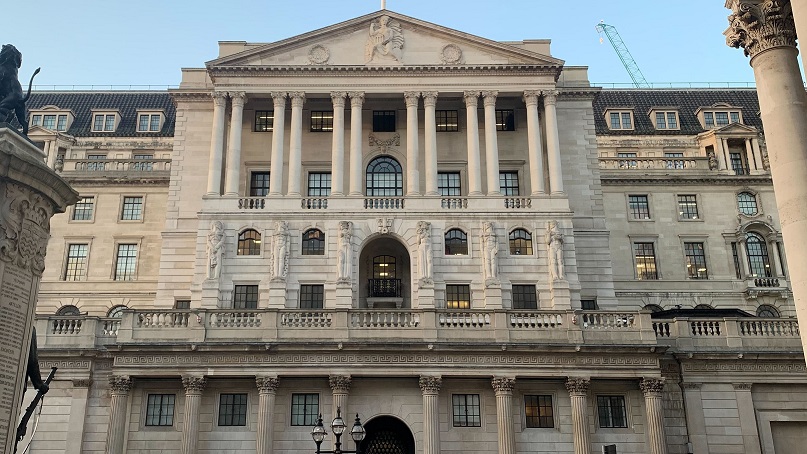The Bank of England’s upcoming monetary policy decision is now uncertain, as August’s inflation figures took a surprising downturn. Prior to the release of the August consumer price index, the market had priced in an 80% likelihood of a 25 basis point interest rate hike by the central bank, potentially reaching 5.5%, the highest since December 2007.
However, market expectations shifted dramatically when the annual headline CPI for August unexpectedly dropped to 6.7%, defying the consensus forecast of a rise to 7%. By midday London time, the probability of the Bank maintaining rates at 5.25% surged from 20% to over 57%, as per LSEG swaps data.
Notably, the core CPI, excluding volatile items like food, energy, alcohol, and tobacco, stood at 6.2% for the 12 months ending in August, down from 6.9% in July. Although goods prices rose slightly from 6.1% to 6.3%, this increase was offset by a significant slowdown in the services sector, which fell from 7.4% to 6.8%.
In response to this surprise, Goldman Sachs altered its forecast for the critical rate decision, now expecting the Bank of England to maintain its main bank rate.
Considering the recent data and the Bank’s dovish commentary, it appears that two of the three indicators the MPC uses to monitor inflation persistence have shown more progress than expected since the August meeting. Consequently, we anticipate the MPC will keep the Bank Rate unchanged and have adjusted our forecast for the terminal policy rate to 5.25%, down from the previous projection of 5.5%.
Barclays analysts, in their Wednesday research note, emphasized that the unexpected decline in inflation, especially when compared to the Bank of England’s August projections of a 7.1% headline inflation and a 7.2% services rate, has significantly increased the uncertainty surrounding the Bank’s decision on Thursday. While they still lean towards a 25 basis point interest rate hike, they anticipate a more cautious stance within the Monetary Policy Committee than previously anticipated.
Kallum Pickering, a Senior Economist at Berenberg, echoed this sentiment in an email on Wednesday, acknowledging that the August inflation surprise strengthens the possibility of a rate pause on Thursday. However, Pickering suggested that the MPC is likely to lean towards one more rate increase while sending a strong signal that further hikes are improbable as long as inflation continues to trend lower. He emphasized the volatility of monthly data and highlighted that despite the sharp decline in core inflation, price pressures remain notably above the Bank of England’s 2% target. Furthermore, he pointed out that underlying demand remains resilient, and wage pressures continue to exert upward pressure on service costs.
The Bank of England has been navigating a delicate path, aiming to combat inflation while avoiding potential damage to the surprisingly robust economy. Recent profit warnings from British companies and a 0.5% contraction in the UK’s GDP in July have intensified pressure on the Monetary Policy Committee to potentially reconsider its monetary stance, especially as inflationary pressures show signs of easing. Danni Hewson, the head of financial analysis at stockbroker AJ Bell, noted that in addition to profit warnings and weak GDP data, the unexpected decline in inflation may provide the MPC with the flexibility to adopt a more cautious “wait and see” strategy. She emphasized that the effects of past rate hikes take time to materialize, with many businesses and homeowners only beginning to feel the impact, and skipping this rate hike could signal emerging economic challenges despite falling inflation.
(Source: Elliot Smith | CNBC)









